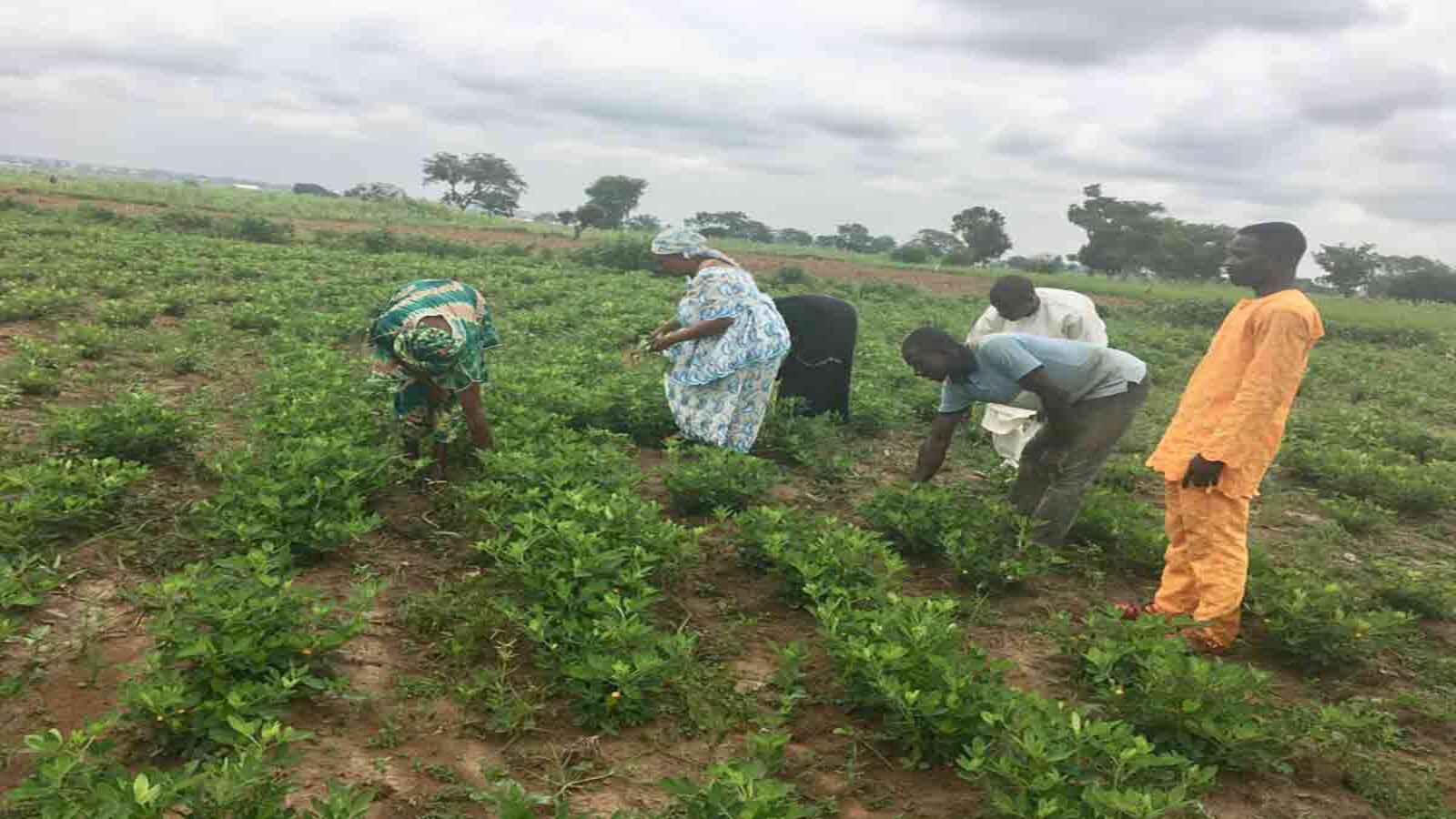About the Project:
The Stabilization And Reconciliation In The Lake Chad Region (STaR) Project, a significant intervention backed by Germany’s KfW Development Bank, focused on economic revitalization in the Lake Chad region. This 94 million Euro project targeted Borno and Adamawa States, aiming to contribute to stabilization and reconciliation in the most affected regions of the Lake Chad crisis. The project encompassed various aspects, including economic revitalization, infrastructure development, social cohesion, and governance.
The Role of DDI:
Diamond Development Initiatives (DDI) spearheaded the economic revitalization component of the STaR project in Borno and Adamawa States. The objective was to create new employment and income opportunities for thousands in the region. DDI’s efforts were aligned with the broader goals of the project, contributing to economic growth, social cohesion, and governance capacity building.
Milestone Achievement:
Commencing in April 2019 and concluding in March 2021, DDI’s implementation reached 7,500 beneficiaries in 30 communities across 6 Local Government Areas (LGAs) in Adamawa and Borno States. Key achievements in 2020 included the formation of 303 smallholder farmer groups into cooperatives and the provision of vocational training to 3,000 smallholder farmers. The project introduced beneficiaries to innovative agro-processing machines, improved crop varieties, sustainable farming practices, and post-harvest management techniques.

Impact on Communities:
The project had a significant impact on targeted communities, with a particular focus on women through the dry season vegetable production initiative. Over 75 percent of beneficiaries trained on market gardening were women, enhancing their economic empowerment and contributing to the overall success of the project.
Acknowledgement of Stakeholders:
DDI expresses gratitude to Germany’s KfW Development Bank, Catholic Relief Services (CRS), Justice for Development and Peace Commission (JDPC), and Federation of Muslim Women’s Associations in Nigeria (FOMWAN) for their collaboration and support throughout the implementation period. The successful outcomes are a result of strong partnerships and collective efforts toward regional stabilization and reconciliation.

